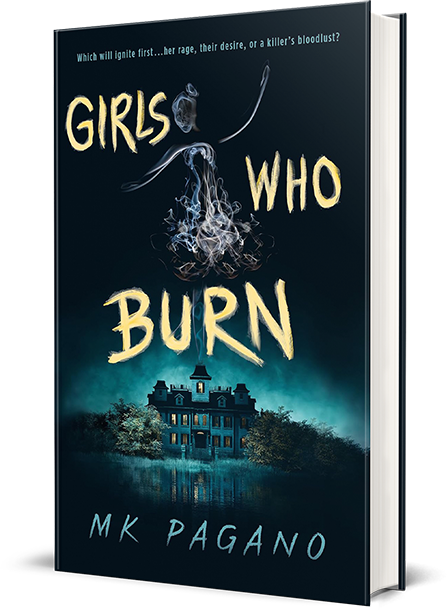How To Be A Good Critique Partner

So now that we’ve covered why you need to be a good critique partner, here are some tips on how to do that…
1. Read it thoroughly Skimming the story never helps anyone. This is one of the (many) reasons I encourage you to work with people whose story you enjoy — it’s torture to read a story you don’t like once, much less twice. To give good, thoughtful feedback, you need to read slowly, you need to read deliberately, and you need to think hard about it.
2. Ask them for the type of critique they need For some rounds of revisions you’re looking for high level criticism; towards the end, you’re looking more for line edits. If your CP needs those big picture problems solved, telling her where she’s misplaced a comma isn’t helping.
3. Then really focus on that type of critique For example when you’re focusing on big picture, look at theme, pacing, plot — these are the things that usually need work early on. Writing a little comment next to the end of a paragraph can be helpful, but what I’ve found best is when my critique partner gives me a document pages long filled with the major things separated out by plot, characters, pacing, theme, etc.
On the other hand, if this is a later draft and they’re looking for a polish, you should be telling them about their misplaced commas.
4. Be honest The point of a critique is to point out problems. It’s not helpful for them if you sugarcoat the stuff you thought was really bad. So tell them what’s wrong, but…
5. Be constructive Saying “I don’t like this” isn’t helpful. Saying “this doesn’t really work for me because of x,y, and z, and here are some suggestions you could use to improve it” is.
6. Be nice, too Point out all the things you do like, to help soften the blow of the things you don’t. Being honest is crucial, but no one likes getting feedback filled with only negative comments. (Another reason why it’s important to make sure you like this person’s manuscript before agreeing to work with them. It’s hard to give positive feedback on a story you didn’t like.)
7. Be reliable If you agree on a date to give them feedback by, make sure it’s an achievable date for you. You don’t want to be rushing through their manuscript to meet the date, but you also don’t want to give it to them late — they could need it by a certain date for a reason. So set a realistic date, and stick to it.
… and those are the main things I can think of right now. How about you? Anything you’d add about being a good critique partner? I’d love to hear some tips!
Image found here


These are perfect tips for being a great critique partner or beta reader, I’m almost at that stage and can’t wait to see what people think of my WIP (also very nervous for the negative comments!) ☺️
Ah, I remember that. It’s so scary but it’s also so awesome to finally share your work with someone else — like your story becomes this thing that other people are thinking about. And don’t think of the comments as negative, think of them as “constructive”!